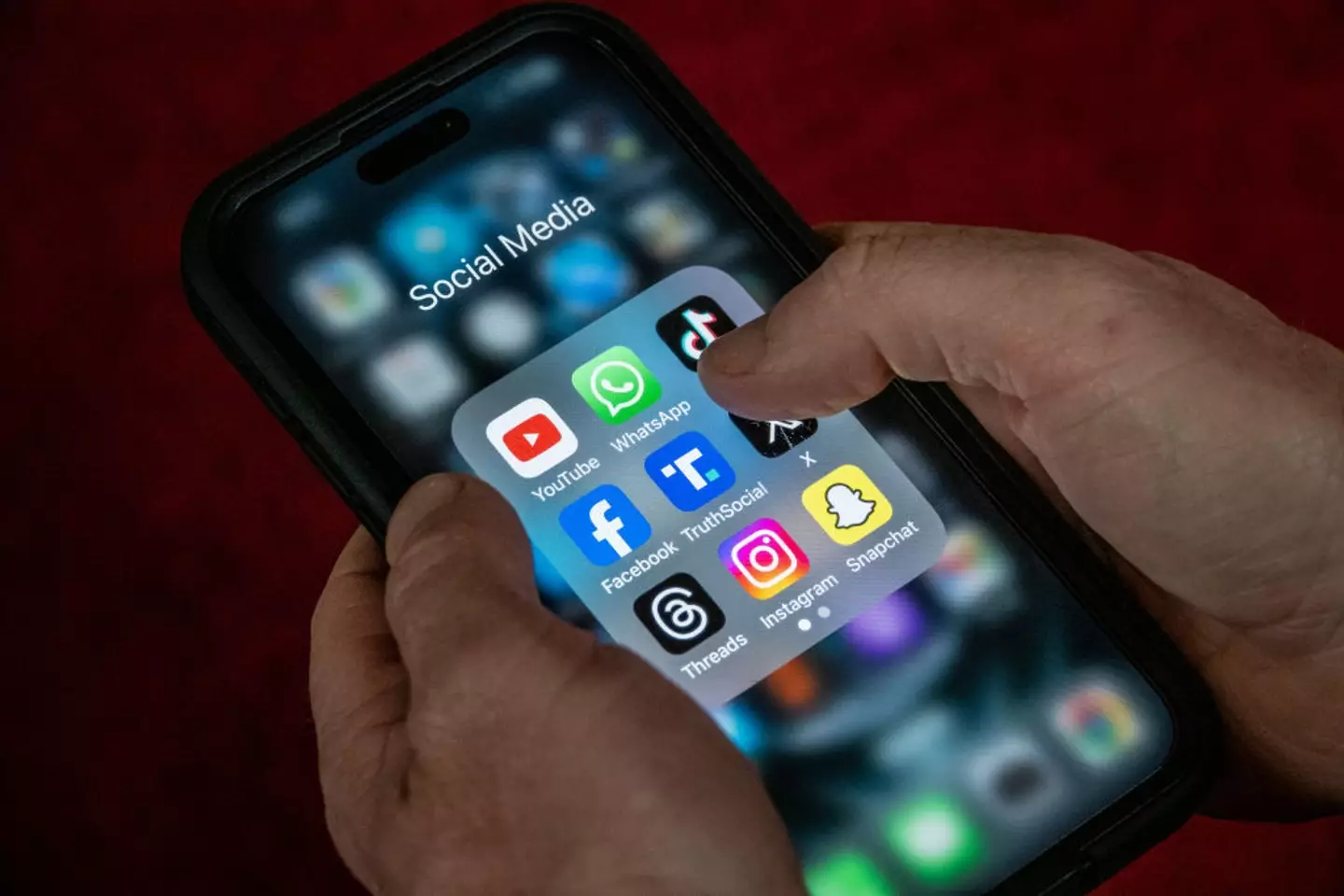
There are more security concerns over at Meta, and this time, the tech giant is putting WhatsApp users on high alert. The supposedly secure messaging service is one of the most-used apps out there, but with this, it's proven to be a popular place for bad actors to carry out their schemes.
In the aftermath of the whole Signal leak involving the Trump administration, there are continued questions about how secure messaging services actually are. While WhatsApp boasts some beefy credentials thanks to its end-to-end encryption, that doesn't stop scammers from sneaking into its ranks.
We've already covered the three-word text scam, but now, we're being told to look out for a specific string of two words being sent via WhatsApp. There's been a resurgence of the "Hi mum.." message, where fraudsters will try and pressure users into sending them money. Typically starting with "Hi mum" or "Hi dad," scammers will then use high-pressure tactics to try and bully you into sending them money.

Advert
Santander has warned customers about a return of the scam, urging them to block numbers that might be trying this tactic. You can also forward it to 7726, which will then be flagged to your telephone provider for investigation. Discussing the rise in reports of the 'Hi mum...' scam, Chris Ainsley, Santander head of fraud risk management warns that the scam is evolving at 'breakneck speed': "We’re hearing of instances where AI voice impersonation technology is being used to create WhatsApp and SMS voice notes, making the scam seem ever more realistic.”
We're also told to verify requests for money by contacting the supposed sender directly via a known number. You should also never transfer money to unknown accounts.
Hannah Bingle, Yorkshire Building Society Financial Crime Awareness Specialist, adds: "Scams where the sender pretends to be a loved one can be really unsettling.
"If you receive a message claiming to be someone you know using a new number, don’t take it at face value. Try to call them on their existing number – you can quickly find out if the real person knows about the messages.
"If you’re still not sure, you can ask something the genuine person would know but a scammer couldn’t guess. Something simple like where you last met, the name of a pet or someone you both know.”
Saying that you shouldn't be rushed into sending anything, Bingle concluded: "A real family member or friend wouldn’t mind you checking their details before handing over your money or information."
Back in 2023, The Guardian eported on one woman who unwittingly handed over £1,600 due to the "Hi mum..." message. Saying that she got a message from her 'daughter', they claimed they'd lost their phone and were using a different number. Saying it wasn't unusual for her daughter to ask for money, she handed over the money for an invoice after being told it had to be done by the end of the day: "Because it was work-related, and she has a reputation to forge, I paid a third party. I tried to call on the ‘new number’, but it wasn’t answered, and then I was messaged to say that we would talk later."
The victim was unable to get a refund from her bank, showing the severity of these kinds of scams when it's so easy to hand over so much money. Keep yourselves on high alert, and if something seems fishy, chances are it might be.